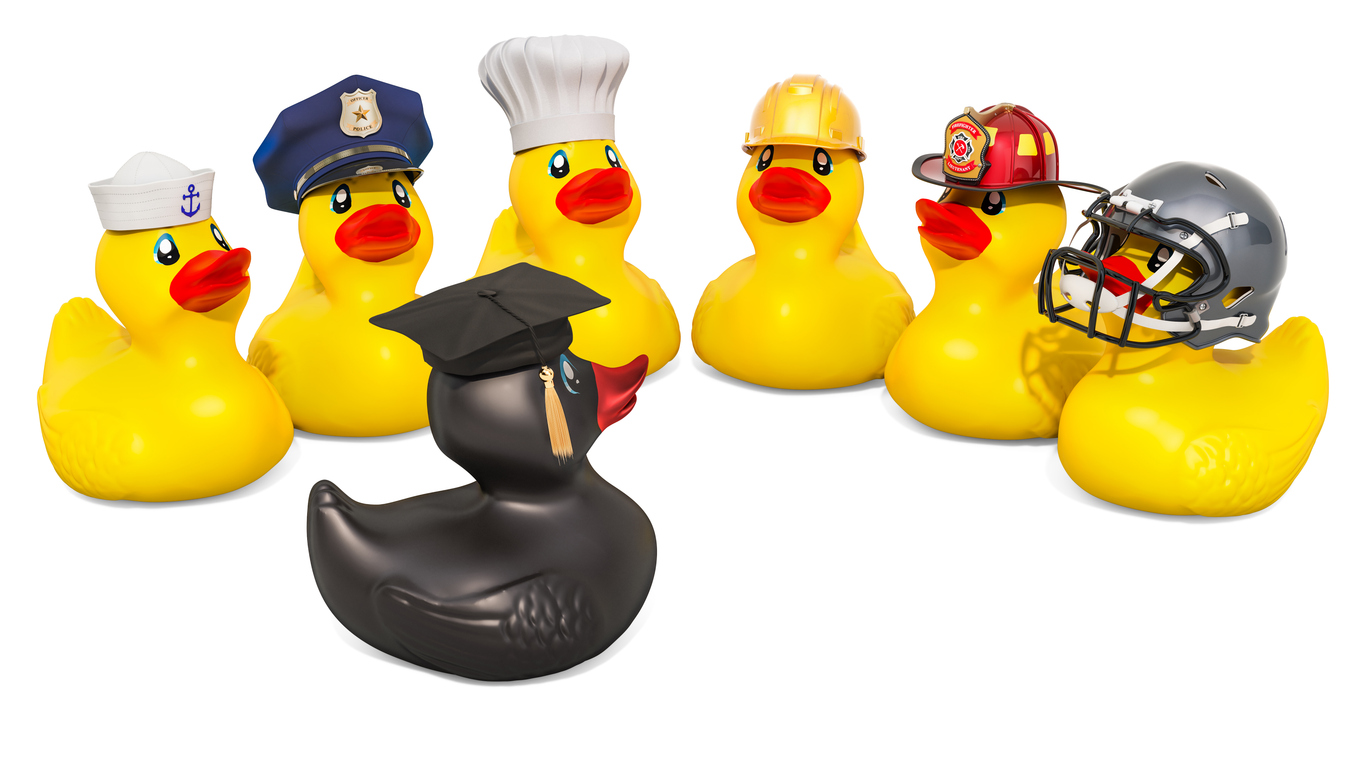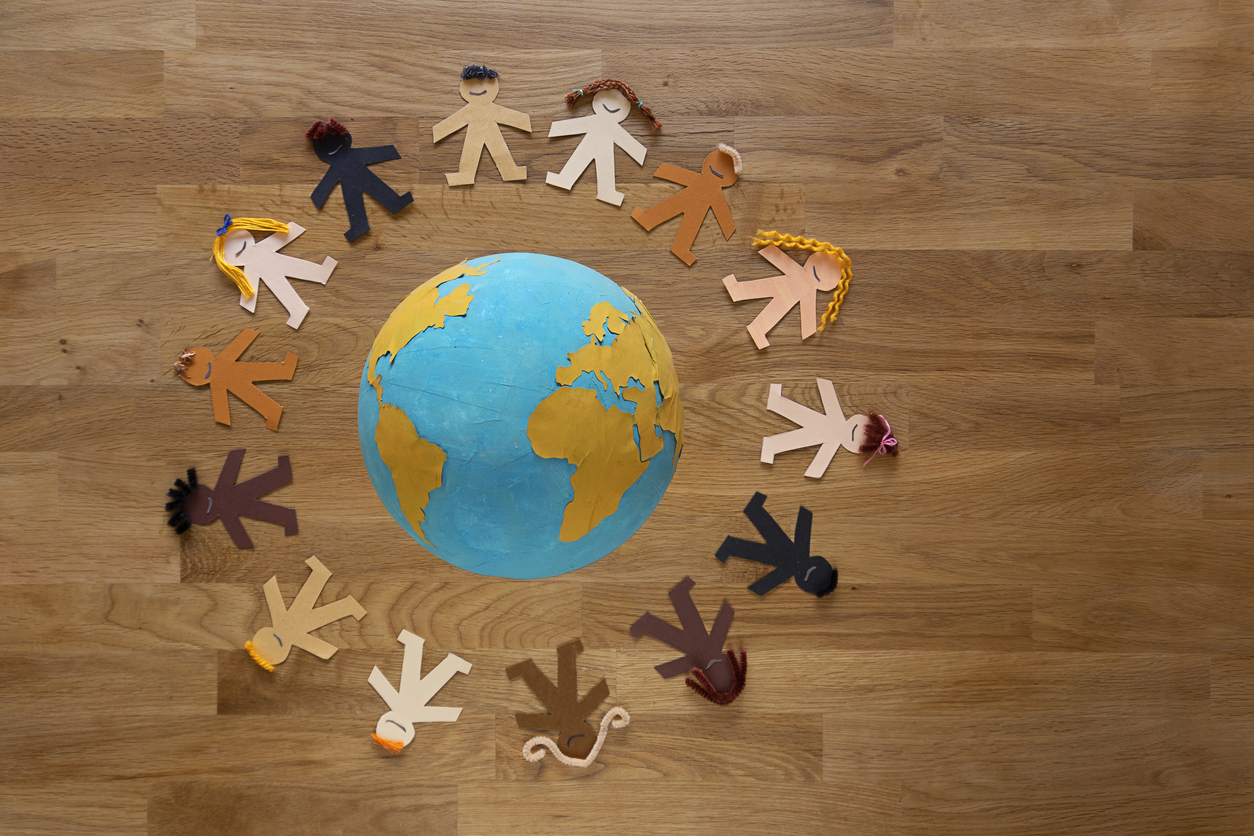Counselling activity: remember to duck
What can origami paper ducks teach students about future career options? Rather a lot, it turns out

Because I am a relatively new counsellor, for much of my first year in the school I was a bystander, observing established events and taking in the students’ reactions.
The final event of the year was a career fair. For it, about a dozen companies set up booths and answered questions from the students. The event was well planned, but it did not resonate much with the students. The panel sessions were scheduled one after the other, and students began to zone out while the panellists were speaking.
Reflecting about it afterwards, I recalled a business-simulation day I had had in high school in the UK. This simulation day, which was called “Duck Day”, involved making origami paper ducks to sell to vendors (teachers) around the school hall. It was an hour-long activity, and I thoroughly enjoyed it.
Careers events: with a little bit of duck
I therefore decided to replicate Duck Day, but to take it further. There would be teams made up of students with diverse skills: those good at maths, those good at design, those good at leadership and so on.
The event was designed to provide a simulation of the supply-demand work environment across different departments. Those good at maths were the finance department; they would decide which materials to buy to make the most profitable ducks.
The design department would be charged with creating innovative ducks that would sell at the highest margin.
There were also the buyers and sellers: athletic individuals who would take, carry, deliver and sell the ducks.
The leaders facilitated task orientation and management of the teams.
Making it up on the wing
There were also dynamic events on Duck Day. For example, we gave each team a bout of Covid-23, which meant that a random member was removed from the game for 15 minutes, and other members had to fulfil different roles to manage absences. This gave students a chance to try running different departments for a small period of time.
We also had an “earthquake”, which destroyed the availability of a raw material. This raised the demand for certain products – which forced team members to think critically about how to increase the retail price of their ducks. They might, for example, bring in a celebrity to endorse a particular style of duck, raising the profile – and thus the price – of that model.
Those with the most profit at the end of our session were deemed the winners of Duck Day – although everyone received a prize for participation.
Chat with a beak
After the event, we held a reflection session in the homeroom. My discussions with students post-event gave them confidence to move forward with areas where they felt strong, like design, mathematics, leadership or business, understanding how these might serve them well in future careers. Next time, I’ll expand the event further to include more scientific elements to the process.
Running Duck Day meant that I built new relationships with most of the students. Afterwards, they would come to my office to discuss career trajectories or college choices, but would always mention Duck Day as their first topic of conversation.
The senior leadership team was also very satisfied – and surprised by how well organised the event had been and how dramatically it had engaged students.




